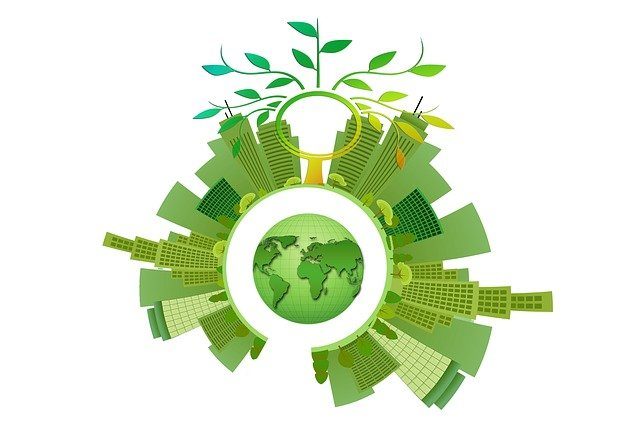Developing a greener last mile
Use of local microfulfillment centers (MFCs) can reduce carbon footprint, traffic congestion caused by last-mile delivery, study shows.

Small changes to last-mile delivery can have a big impact on the environment, according to a study from consulting firms Accenture and Frontier Economics.
Published earlier this month, The Sustainable Last Mile: Faster. Greener. Cheaper. identifies steps retailers and delivery companies can take to reduce carbon emissions and traffic congestion within cities. Its key finding is that using microfulfillment centers (MFCs) could lower delivery vehicle-related emissions between 16% and 26% by 2025. MFCs are small facilities located close to customers that can speed last-mile deliveries.
“The carbon footprint of the last mile has long been an environmental and societal challenge,” André Pharand, a managing director at Accenture who leads the company’s postal and parcel practice, said in a statement announcing the study’s results. “It’s time to take action and make the last mile supply chain more efficient, less expensive, and more sustainable. Organizations with innovative local fulfilment strategies and that lead in digital adoption and sustainable business practices will become tomorrow’s industry leaders.”
Accenture and Frontier developed a model for studying the impact of local fulfillment in the cities of London, Chicago, and Sydney. The model estimates the impact on outputs such as emissions and traffic congestion based on inputs including local fulfillment center prevalence, population density, average distance travelled per parcel, delivery vehicle mix, and consumer demand projections. They found that traffic in London and Chicago could be reduced by 13% by using MFCs, with a 2% traffic reduction in Sydney. Carbon dioxide (CO₂) emissions could be reduced by 144,000 tons in London, 68,000 tons in Chicago, and 52,000 tons in Sydney, they said.
They also said offering convenient “click-and-collect” options could encourage consumers to travel in-person—whether by low-emission vehicles such as private cars, by zero-emission vehicles such as bicycles, or on foot—to collect parcels at local fulfillment centers, “further contributing to reduced consumer traffic volumes and vehicle emissions.”
Other contributing factors to last-mile sustainability include government and business incentives for consumers to make greener choices; re-assessment by delivery companies and postal agencies of how they manage their supply chains and deploy assets such as heavy goods vehicles; and greater use of data and analytics technologies by e-commerce retailers and logistics organizations. Deploying route optimization technologies alongside MFCs could reduce delivery traffic by an additional 3% to 4% across the three cities studied as well, according to the survey.
Copyright ©2024. All Rights ReservedDesign, CMS, Hosting & Web Development :: ePublishing